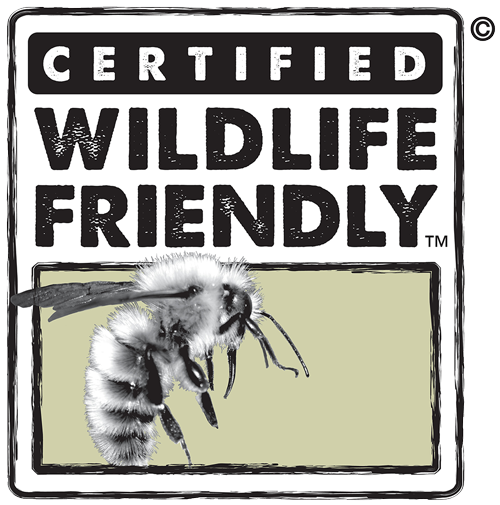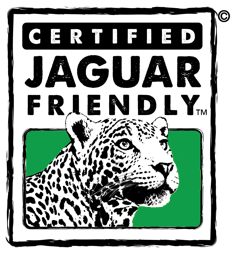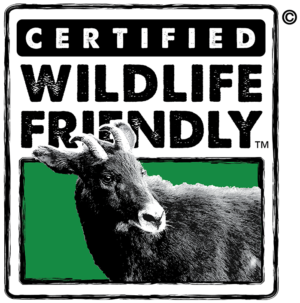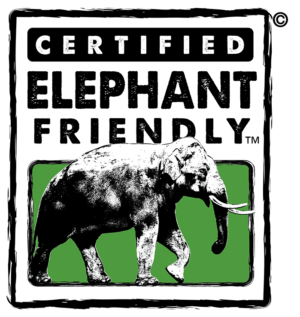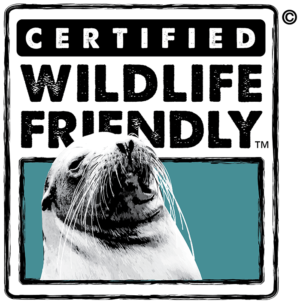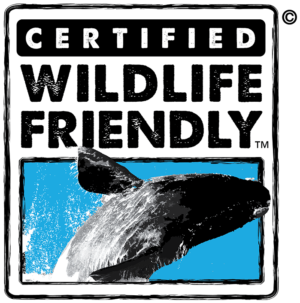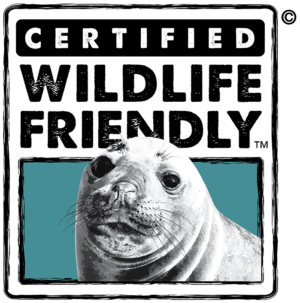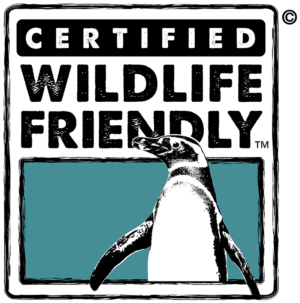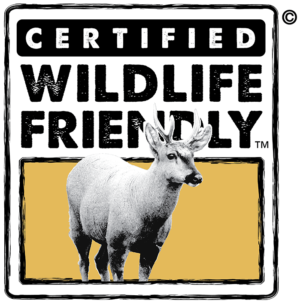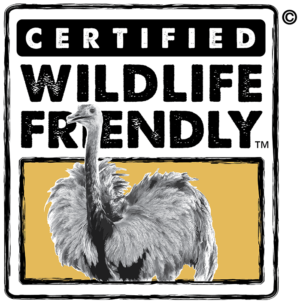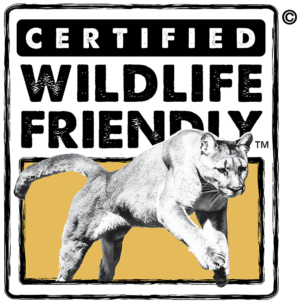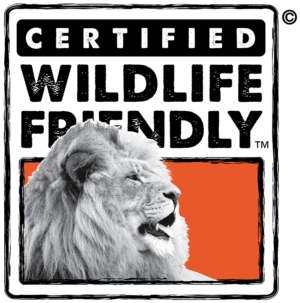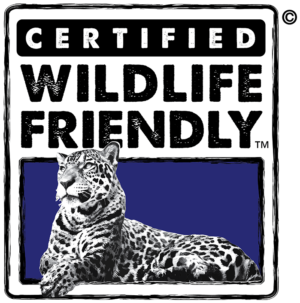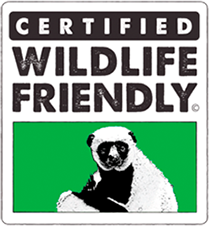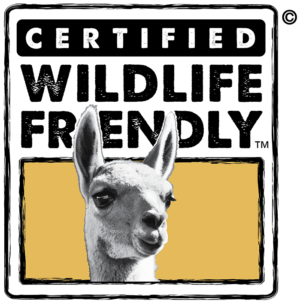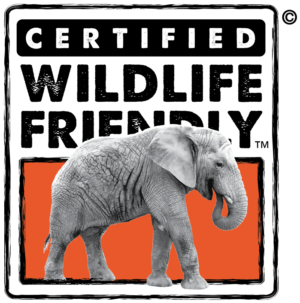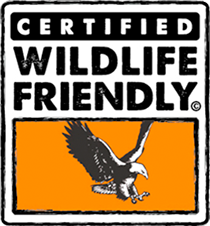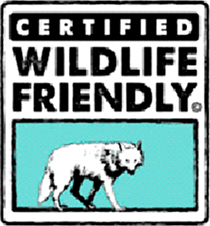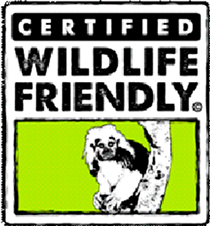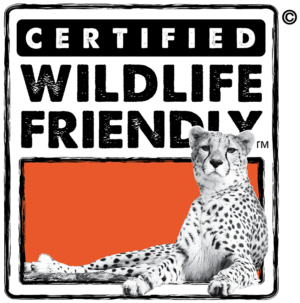Certified Elephant Friendly™ Tea
The Certified Elephant Friendly™ Tea program was developed through a partnership between WFEN and the University of Montana’s Broader Impacts Group. The certification standards are the result of a collaborative drafting process and are based on field research carried out by the University of Montana and inputs from Asian Elephant and tea sector experts in the Indian context. They may be downloaded here and are copyright WFEN 2019. For certification inquires please contact : info@wildlifefriendly.org and put “Elephant Friendly Tea Application Inquiry” in the subject line.
Retailers interested in purchasing Certified Elephant Friendly™ Tea – please reach out to info@wildlifefriendly.org for up-to-date preferred distributor contact information.
Program Overview
Certified Elephant Friendly™ Tea is sourced from plantations that meet high standards for the protection of elephant habitat and water resources, reducing human-elephant conflict and mortality, and reducing barriers to elephant movement between elephant habitat areas.
Asian elephants are a wide-ranging species with an important ecological role. As mega-herbivores, elephants feed on a large variety of plants and disperse seeds throughout the forest in their droppings. Asian elephants are endangered globally, primarily due to habitat loss and human-elephant conflict related mortalities. Despite the conversion of prime elephant habitat for human settlements and agricultural uses, elephants travel along ancient movement routes. Across Asia this deeply engrained habit brings elephants in close contact with people, especially around large scale agricultural areas, including tea plantations, and their surrounding communities. Shrinking habitat in the region leaves elephants few options to avoid areas of expanding human development.
Asian elephants use tea plantations as rest stops as they travel between foraging areas. The tea shrub Camellia sinensis is native to India, but inedible by elephants. Because of the close proximity of elephants to tea-growing communities, plantation workers are highly vulnerable to human-elephant conflict. Additionally, some tea plantation management practices can increase the chance of human-elephant conflict as well as being harmful and, in some cases, deadly to elephants.
Pesticides and herbicides can poison elephants when elephants drink water that contains toxic levels of chemicals or consume fertilizers or other substances not stored properly. The salts in some agrochemicals have been known to attract elephants, and some of these substances can be highly toxic if ingested. There are a number of documented cases of deaths of elephants after ingesting substances commonly used in tea production. Safe disposal of any unused chemicals and chemical residue is critical to prevent risks to elephants Electric fencing, when amperage-dropping stock fence energizers are not used, can be especially dangerous to elephants and humans as an electrocution hazard. Deep, narrow drainage ditches can be especially difficult for juvenile elephants to traverse, and each year a number lose their lives or suffer injury due to drainage ditches. Razor wire or other deterrent fencing using sharp metal has been noted as a source of severe injury and death of elephants in an increasing number of cases. Fencing of all kinds used to keep out elephants and other wild or domestic animals can also force elephants to move into areas of higher human activity, amplifying human-elephant conflict and contributing to the injury or loss of life of both humans and elephants.
Further, due to a lack of access to natural forage, elephants may be driven by hunger to raid crops and enter villages seeking food, putting them in direct conflict with people. If elephants are chased and harassed by people, they may exhibit aggressive behavior, which may in turn lead to elephant attacks on people or property. Male elephants in the state of musth, a natural state related to competition for mate selection, are particularly prone to aggressive behavior and warrant special caution as part of any human-elephant conflict reduction plan.
The ability of people to work and conduct their daily activities within elephant movement zones safely is also of great importance, as people are more likely to protect elephants and their habitat if they feel safe and there are benefits to them for doing so. In other words, not only do tea plantations apply Elephant Friendly™ practices, but they put the safety of their workforce community first and engage these communities in elephant conservation and human-elephant conflict reduction efforts that benefit the local community. Certified Elephant Friendly™ Tea is sourced from tea plantations that take important steps toward protecting elephants, people and the natural environment from these hazards.
Certified Elephant Friendly™ Tea is sourced from tea plantations that take important steps toward protecting elephants, people and the natural environment from these hazards.
Scope of the Standards
These standards apply to the certification of tea Camellia sinensis plantations where Asian elephants Elephas maximus are known to occur in India.

